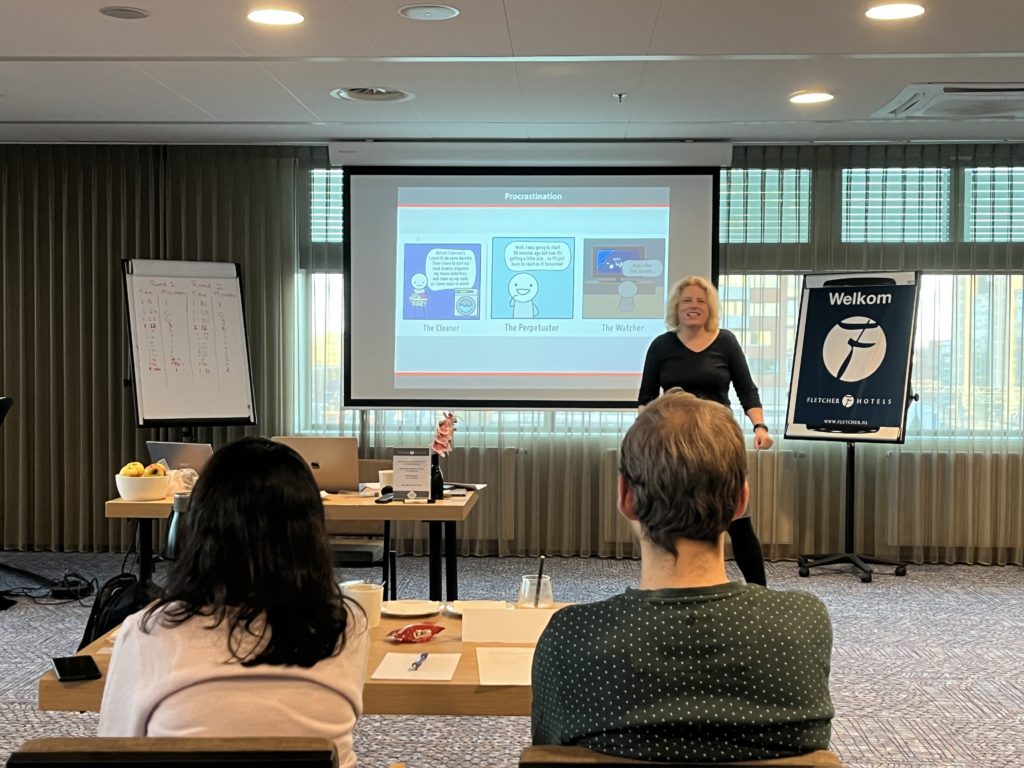NTE2.5
The REPAIRS consortium met for a short training event from the 18th to 20th January 2023 in the old university town of Leiden, the Netherlands.
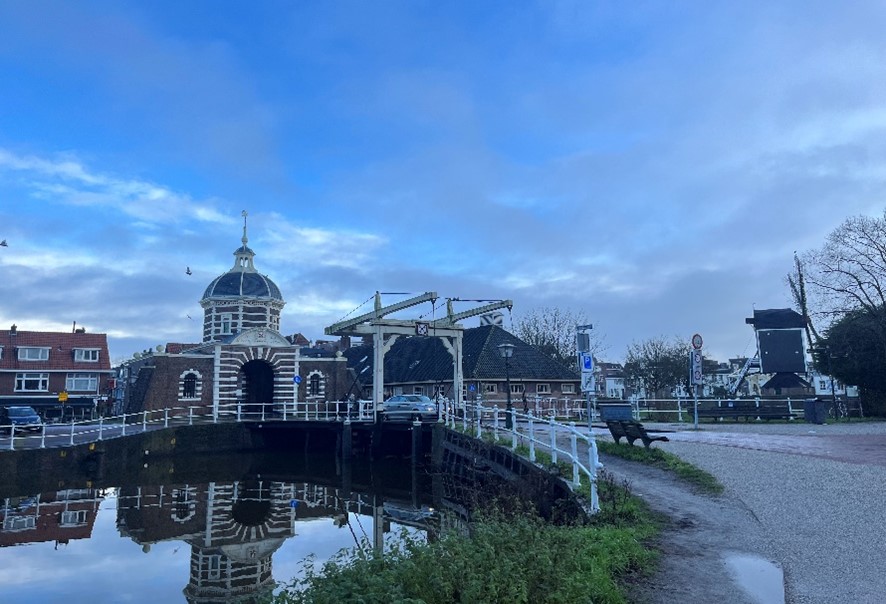
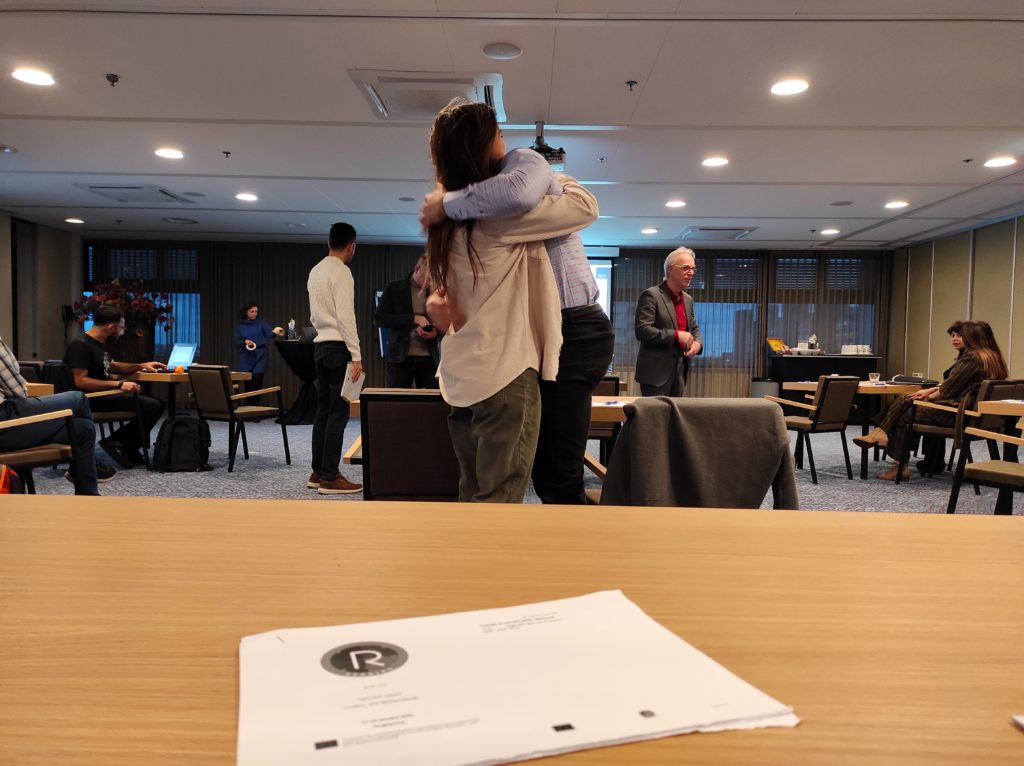
The program included presentations from the ESRs, content lectures and transferable skills sessions.
ESR presentations
The NTE began with each ESR pitching their projects in a 5 minutes which provided a good overview of the content as well as the progress of each project. There was also a separate poster session wherein the ESRs had the opportunity to explain their work in more detail and receive feedback.
Prior to the NTE, the ESRs were paired and given an assignment to read the book “How do we Move” by Dr. Rob Gray and to apply the concepts mentioned to Rehabilitation. How can a system perspective on human movement be applied to rehabilitative practices? During the NTE each pair presented their ideas and proposals, which stimulated scientific discussions and reflections both on the incredible potential of the systems framework applied in rehabilitation but also on the challenges and their possible practical limitations.
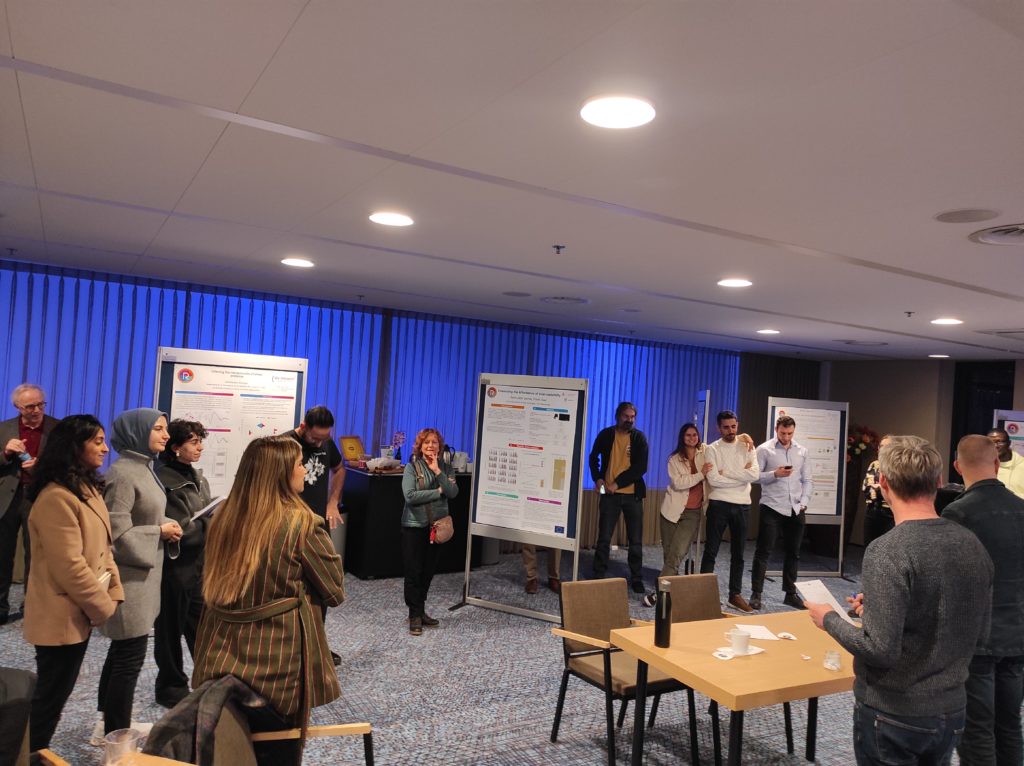
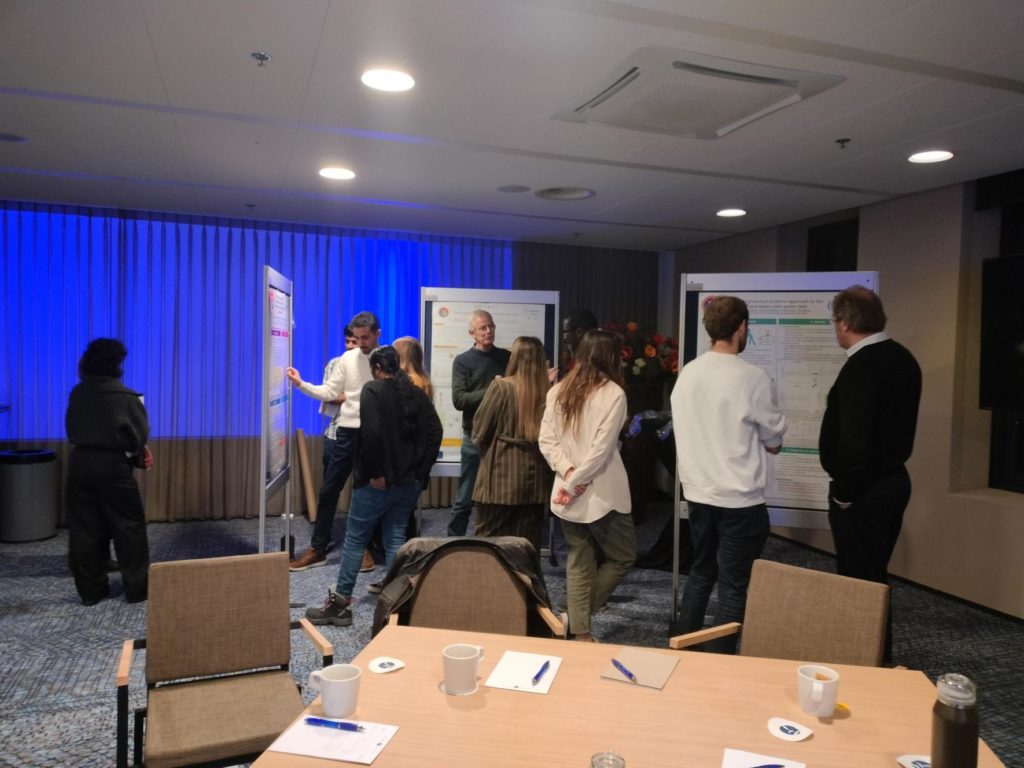

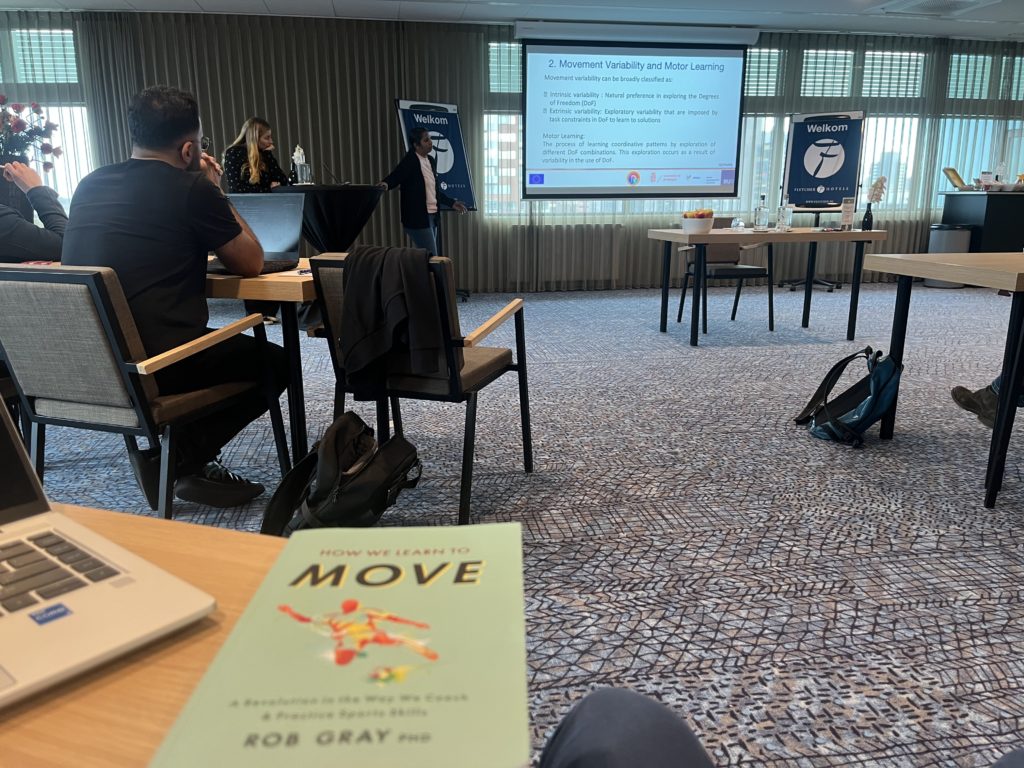
Content Training
We had a talk by Professor Viktor Jirsa (Director, Institut de Neurosciences des Systèmes (INS)) entitled “When causality meets inference: complexity in neuroscience”. Prof. Jirsa introduced the concept of Structured Flows on Manifolds and how it could be utilized for mathematical capturing of the behavioural patterns from representations of brain dynamics.
Dr. Raoul Bongers also presented a talk on details of Single Case Experimental Design (SCED) and its application in our projects. He encouraged the ESRs to consider the possibility of using SCED in their future translational studies involving patient populations.
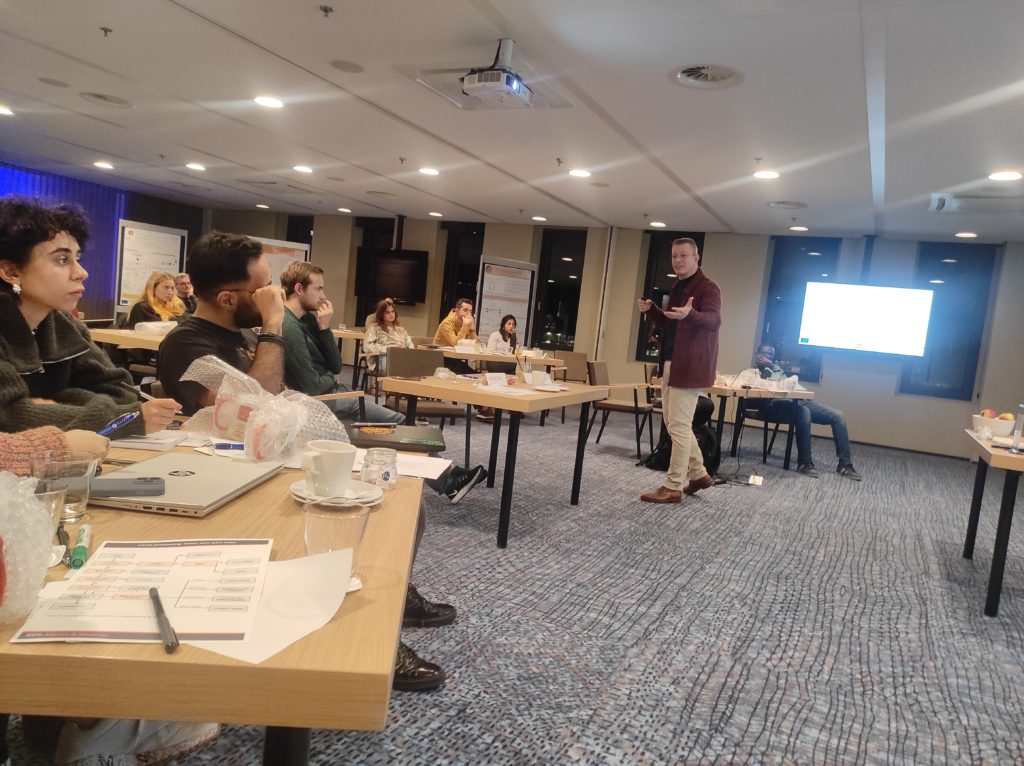

Transferrable Skills
Time Management by Renee Niessen (RCN Advies & Training)
This interactive session on Time Management provided ESRs with different tools and tips to be more organised and efficient in their research activities. The ESRs also received a cute mug with the key ideas from the session which will serve as a daily reminder for them.
Gender Awareness and Women in Science by Dr. Lucia Martinelli
This was an eye-opening session given by the president of the European Platform for Women Scientists (EPWS) for everyone present as it made us aware of the harsh reality of gender inequalities in academia, from the under-representation of women in STEM disciplines to frequent and pernicious biases that tend to reiterate asymmetrical power relations within academia as well as the society in general. Many pertinent questions were raised and discussed on this topic amongst the ESRs .
Active Bystander – Marloes Siccama-van Loveren (on behalf of active bystander training)
The last training session of NTE 2.5 was on becoming an active bystander and raising our voice against unhealthy and repressive interactions in our surroundings to create a safe working environment. This seminar was given separately to the supervisors and the ESRs. We were taught the 4D’s of diffusing such situations and we were given a different scenario and asked to suggest a strategy to counter act. This session made all the participants more socially aware and with the resolution to be active and not to tolerate unsafe and hurtful behaviours.
